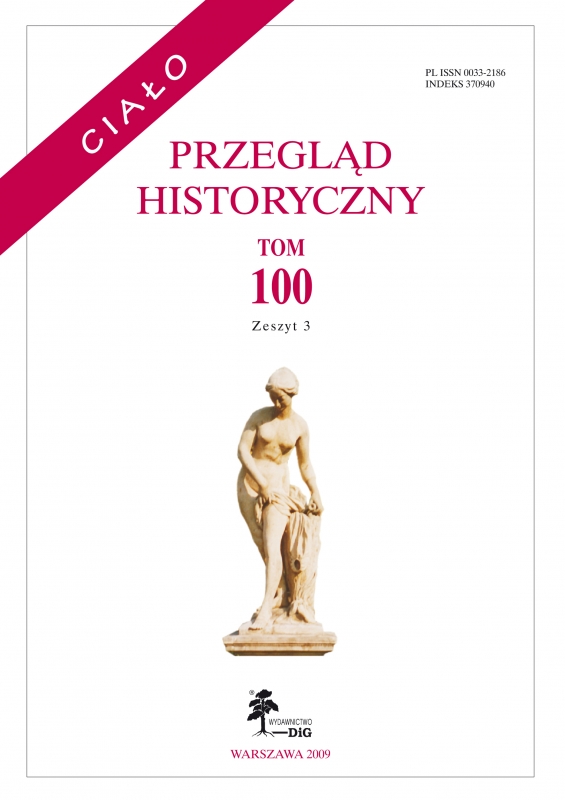Apologia Najświętszej Marii Panny — czy Bóg może przywrócić kobiecie utracone dziewictwo?
Abstrakt
The Apology of the Blessed Virgin Mary: Can God Restore Lost Virginity to a Woman?
Can God give a woman her lost virginity back? The first person to raise this question during the Middle Ages was Peter Damian in his treatise De divina omnipotentia. Later, the problem was discussed among others by: Berthold of Constance, Rupert of Deutz, Peter Abelard, William of Auxerre, and finally Thomas Aquinas Quaestiones quodlibetales. And though, all the theologians mentioned above posed the same question, the results they arrived at were different. They referred in their works to the opinion formulated by St. Jerome that God can absolve a person from punishment for a committed sin, but cannot put back on the head of a woman the crown of virginity. Both these issues, namely: 1 whether God is capable of restoring lost virginity, and 2 whether virginity could be restored in spite of past events, were treated in combination for the first time by Peter Damian.
It seems that Peter Damian taking up certain questions, at times extremely controversial, and dealing with them in a most rigorous fashion, made use of these issues to touch upon more important problems. This seems the case with respect to his treatise De divina omnipotentia. Damiani in fact was far from going to the extreme with the idea or the virtue of virginity; moreover he was of the opinion that numerous persons were capable of parting with debauchery, and in result of adopting proper ways, would surpass in virtue many a virgin.
For Damian the possibility of regaining lost virginity was a pretext for reflections on the unlimited power of God, but at the same time it seems that his arguments could have had another objective. An incorrect answer to the question posed in the title of this text could lead the simple worshipers of Christ into sin and heresy, and Cardinal Bishop Peter Damian considered himself responsible for his flock, whom his duty was to guide and guard against error. For him the restoration of virginity was no logical wordplay, but defence of important Church dogmas: birth of Christ of the Virgin and reality of Christ’s presence in Eucharist. Thus he defended the eternal virginity of Holy Mary. In his treatise De divina omnipotentia he accused the dialecticians, or as he calls them — heretics, that their reasoning could lead to heterodoxy. This condemnation of dialectics results from, just like with Manegold of Lautenbach, a conviction that the “findings” and instruments of the human mind are inadequate to deal with the mysteries of faith; more than that — they are dangerous.

